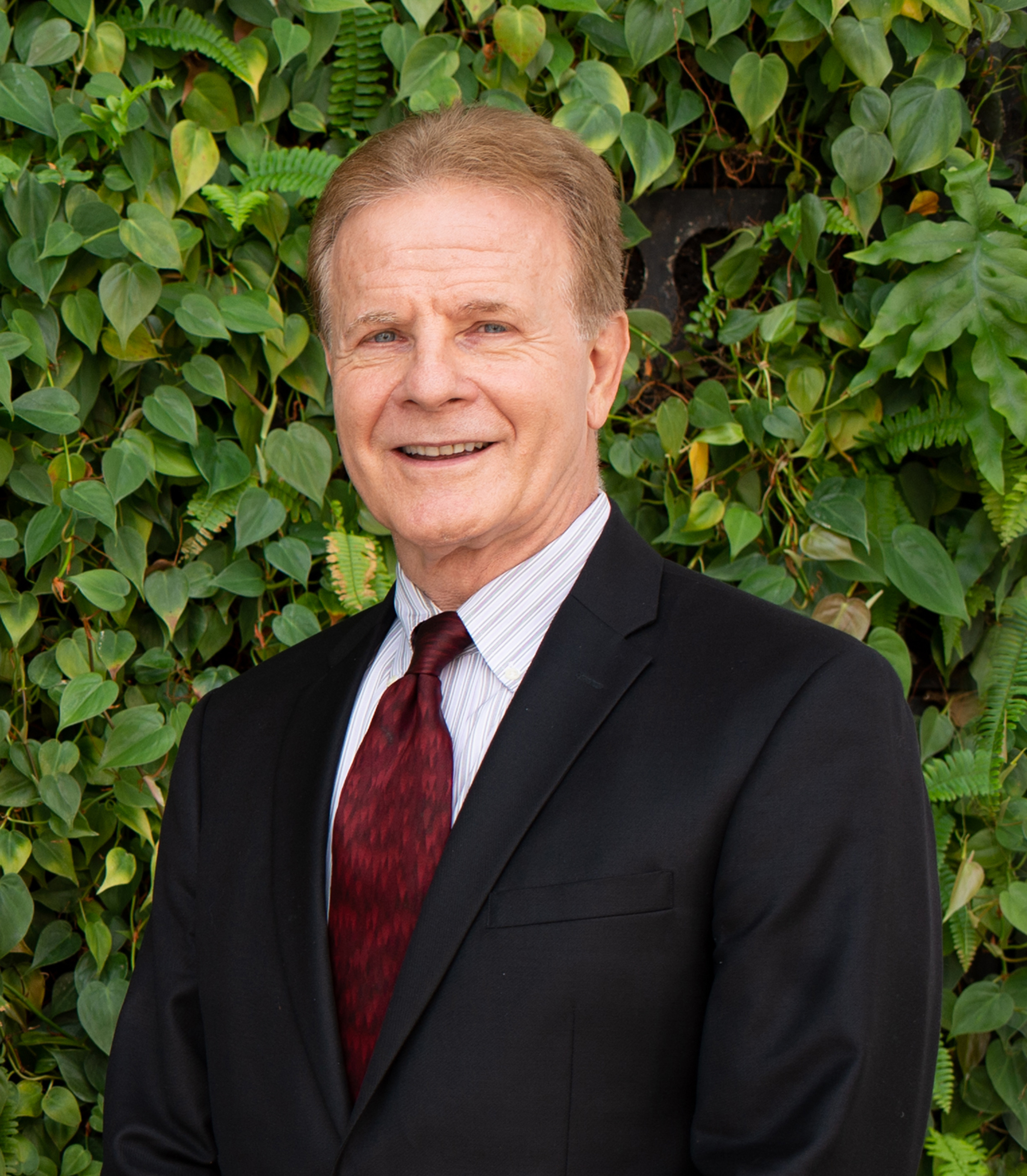Professor and Director of the Environmental & Energy Management Institute (EEMI), Jon Deason, continues to work on developing a solution to the urgent climate crisis. He co-edited a newly published book on climate change, Handbook of Multi-level Climate Actions: Sparking and Sustaining Transformative Approaches, which emphasizes the need for significant climate action by every person on the planet.
“I was very pleased to work with my colleagues, some of whom I have worked with for many years, to contribute to the solution to the most pressing problem facing humanity,” Deason said.
The Handbook of Multi-Level Climate Actions begins with an introductory chapter that Deason co-authored. It presents an overview of the global climate change challenge and the path forward suggested in the book regarding how to meet that challenge through multi-level climate action. Unfortunately, the collective impacts of well-intentioned global agreements to date have fallen far short of achieving the results necessary to prevent climate catastrophe.
Despite the current lack of progress in fighting the climate crisis, there is little doubt that humans and all other entities on Earth are in a state of emergency. The Handbook underlines the need to take more decisive actions at multiple levels of human experience and society to prevent our climate threat from worsening and hopefully halt or even reverse it.
“In light of the most recent report of the Intergovernmental Panel on Climate Change, which has been characterized as ‘nothing less than a code red for humanity … the evidence is irrefutable,’ it is gratifying to help move our planet in the direction of climate sanity,” Deason said.
Through examining case studies and drawing on the authors’ experiences, the Handbook highlights the many ways humans can meet the climate crisis and how entities at every level of human experience are, could be, and should be developing and implementing climate solutions. Deason says the solution lies in continuously increasing the actions that appear to be the most effective and that can be implemented at all levels of human endeavor, as outlined in the book.
The authors’ submissions fell into four major themes: climate action and the multi-level mindset; multi-level education and information systems; multi-level climate action place and pace; and multi-level climate action economics and finance.
In a review of the Handbook, Scott Sklar, Energy Director of EEMI and Director of GW’s Solar Institute, stated, “As our planet changes—from melting ice caps, record-breaking heat and cold, super-strong hurricanes and ocean surges—most think it’s someone else’s problem. This Handbook emphasizes the need for everyone—from individuals to community to local government and industry, to national governments and international consortia—to all step up, so as to leave the wonderful bounty from this planet for our children and children’s children. A must read!”


